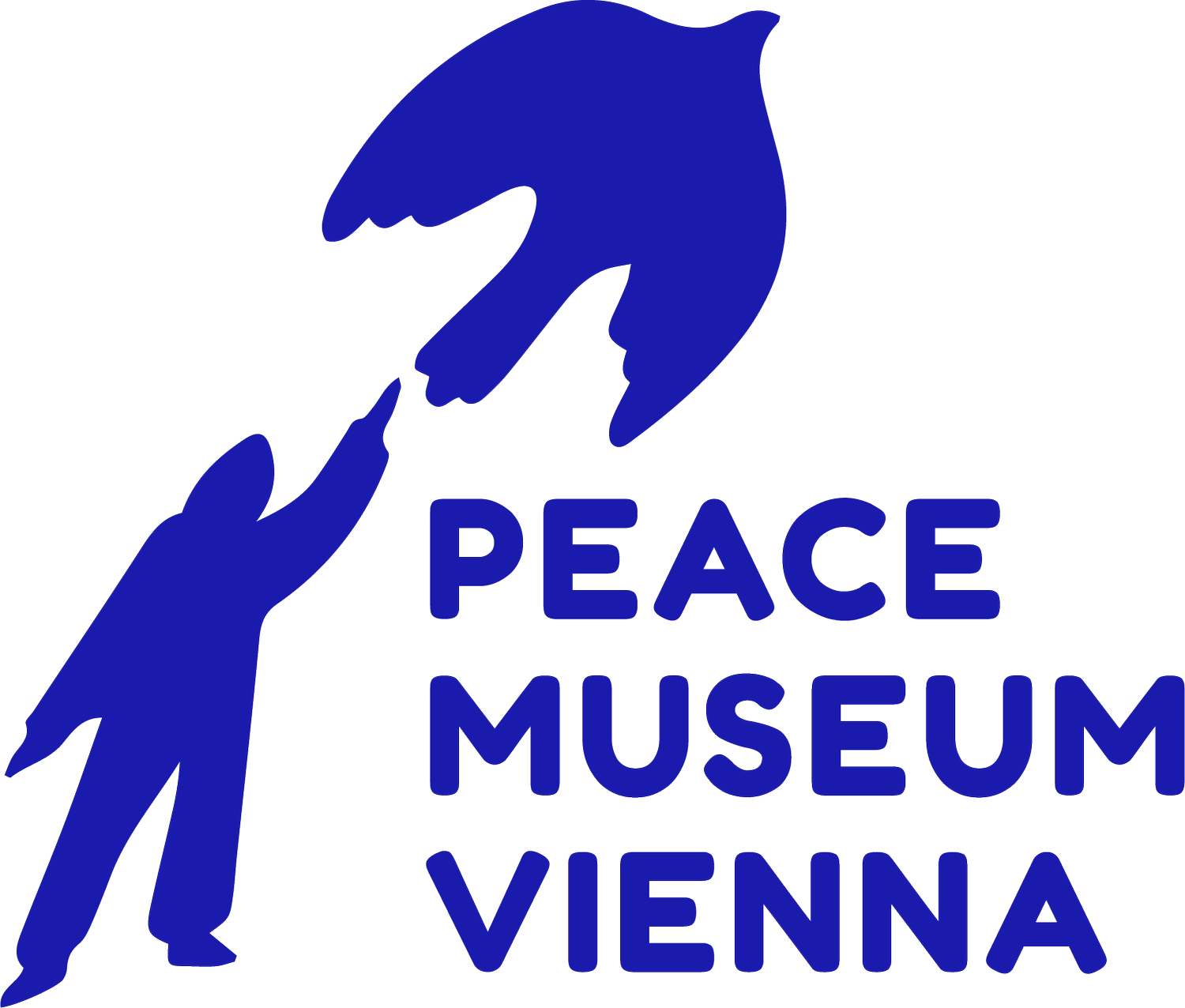Zafar Shayan
Henry Dunant was a Swiss businessman, writer, social activist, and the first Nobel Peace Prize (1901) winner. He was born in Geneva in 1828 and died 1910. His book “A Memory of Solferino” led to the creation of the Red Cross and Red Crescent movement. He was engaged with religious activities and social work during his young ages.
In 1853, Dunant traveled to North Africa (Algeria and Tunisia) to be the representative of Swiss colony of Setif. He published his first book “An Account of the Regency in Tunis” in 1859 and second book “Slavery among the Mohammedans and in the United State of America” in 1863.
While in norther Africa, he begun to construct a wheat mill, but needed water rights. Therefore, he decided to take his plea to Emperor Napoleon III. The Emperor was commanding French armies who were fighting the Austrians in northern Italy, in order to drive them out of Italy. When Dunant arrived in Italy, he witnessed the bloody battle of Soflerino in Lombardy. During the time, he organized people to help wounded soldiers there and released Austrian doctors captured by French army.
After returning to Geneva, he wrote a book named Un Souvenir de Soferino (A memory of Solferino). In his book, he described the battle of Soferino, the battlefield and developed the idea of the creation of a neutral organization to help wounded people during the wartime. He suggested that the organizations should be sponsored by leading figures of the nations and train volunteers. Dunant’s idea of creating relief societies led to the creation of the International Committee for Relief to the Wounded, the future International Committee of the Red Cross (ICRC website).
In 1863, the Geneva Society for Public Welfare established a five-member committee, in which Dunant was one of them, to examine the possibility of putting his idea into action. The committee founded the Red Cross and released a call for and international conference, which took place from October 26 - 29. Dunant traveled to most of the European countries to convince the government to send representatives. An international treaty, known as the Geneva Convention, was signed by twelve nations on August 22, 1864.
In 1866, Dunant wrote a brochure named “Universal and International Society for the Revival of the Orient” calling for the creation of neutral colony in Palestine. In 167 he published venture calling to compose and “International and University Library”. In 1872, he organized a conference to form the “Alliance universelle de l’ ordre et de la civilisatioin”, which proposed the creation of international convention on the handling of prisoners captured during war.
As Dunant was concentrated on humanitarian activities for years, his company in Algeria was mismanaged. In 1867, Dunant was bankrupt and resigned from the committee. But he continued to his humanitarian plans. But after the situation became harder for him, he could not get any help from his friends. He even slept outdoors for a while due to extreme poverty. He disappeared from 1875 to 1890 and later moved to a village in Swiss, where he was recognized by a village teacher Wilhelm Sonderegger. Wilhelm announced that Dunant is still alive. Then he was transformed to a hospital and remained there for the rest of his life.
After he was found, he was offered various awards from different organizations around the world. But he didn’t spend prize monies that he had received, instead he provided “free bed” in hospital for poor people and sent the rest to philanthropic enterprises in Norway and Switzerland.
1. The Nobel Prize: www.nobelprize.org/prizes/peace/1901/dunant/biographical
2. International Committee of the Red Cross (ICRC): www.icrc.org/en/doc/resources/documents/misc/57jnvq.htm

